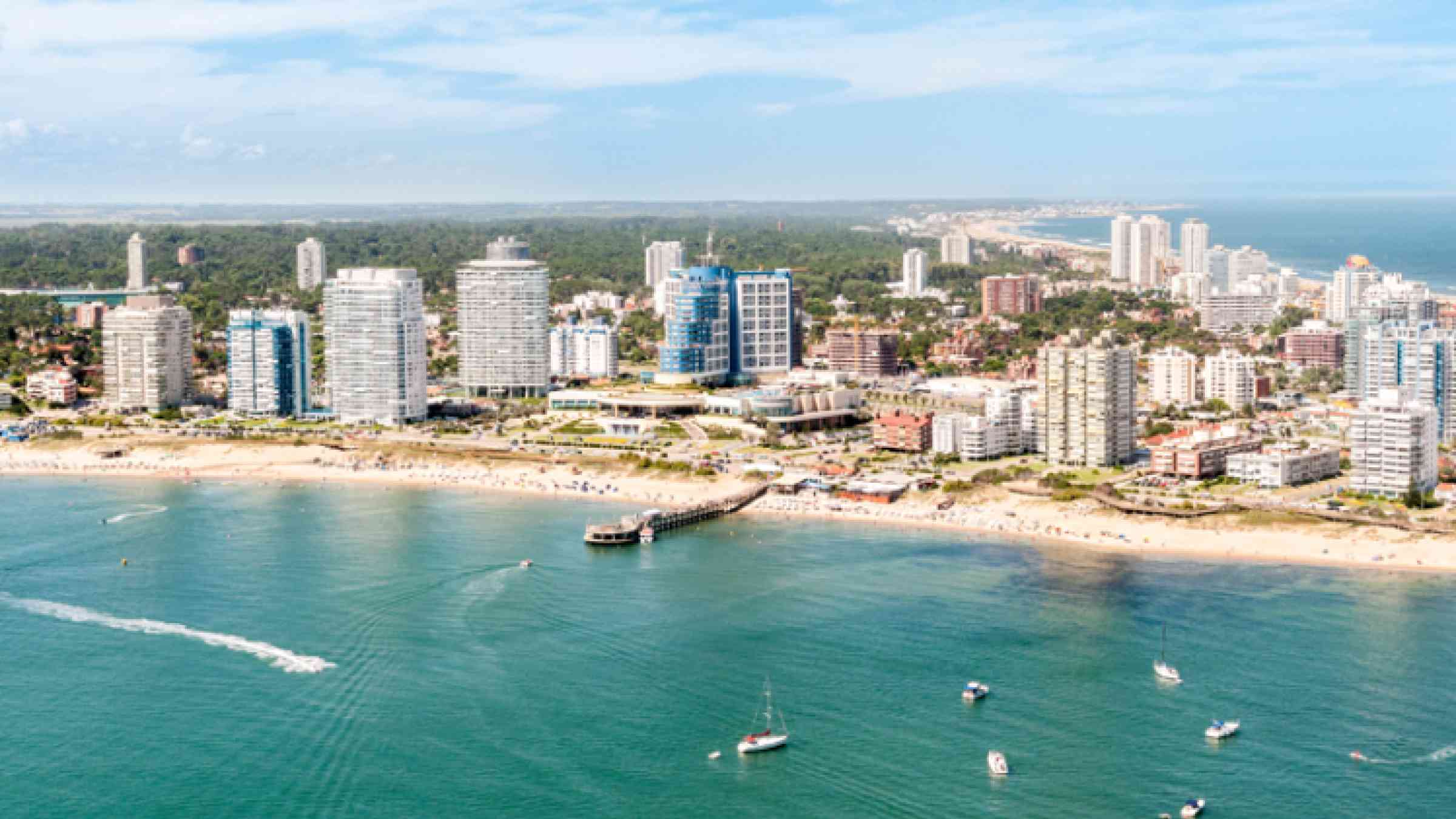Science and technology: central themes on the agenda of RP23

The use of science and technology in disaster risk reduction is one of the main themes on the agenda of the VIII Regional Platform for Disaster Risk Reduction in the Americas and the Caribbean (RP23), which will be held in Punta del Este, Uruguay, from February 28 to March 2, 2023.
The agenda, available for consultation HERE, features 37 sessions, including 4 high-level sessions, 8 parallel sessions, 2 special sessions, 8 learning labs and 15 side events. In addition, the agenda includes the presentation of the winners of the Resilience Tech competition, a youth-focused initiative to find innovative strategies for early warning systems at a local level, as well as the Ignite Stage, a space where participants will have 15 minutes to present their disaster risk reduction projects, products or initiatives.
RP23 represents an opportunity for governments, intergovernmental bodies, localities, the private sector, civil society, cooperation agencies and donors, as well as other relevant stakeholders in the Americas and the Caribbean, to exchange experiences and facilitate decisions in the implementation of the Regional Action Plan agreed in March 2017 in Montreal, Canada, and updated during Jamaica VII Regional Platform in November 2021.
For this important meeting, Uruguay has proposed the topics of science, technology, and early warning systems, under the title “Science and Technology for a Comprehensive Management of Disaster Risk”, as central for the RP23. The role of science and technology in the comprehensive management of disaster risk, particularly regarding its feasibility, development, financing and implementation must be highlighted. The Sendai Framework and the current Regional Action Plan both state that disaster risk management policies and practices should be based on a thorough understanding of risk.
Such knowledge is essential for pre-disaster risk assessment, prevention and mitigation, and the implementation of appropriate preparedness and response measures to manage emergencies and disasters effectively and comprehensively. For all these processes, science and technology are crucial.
You can review the agenda here.
